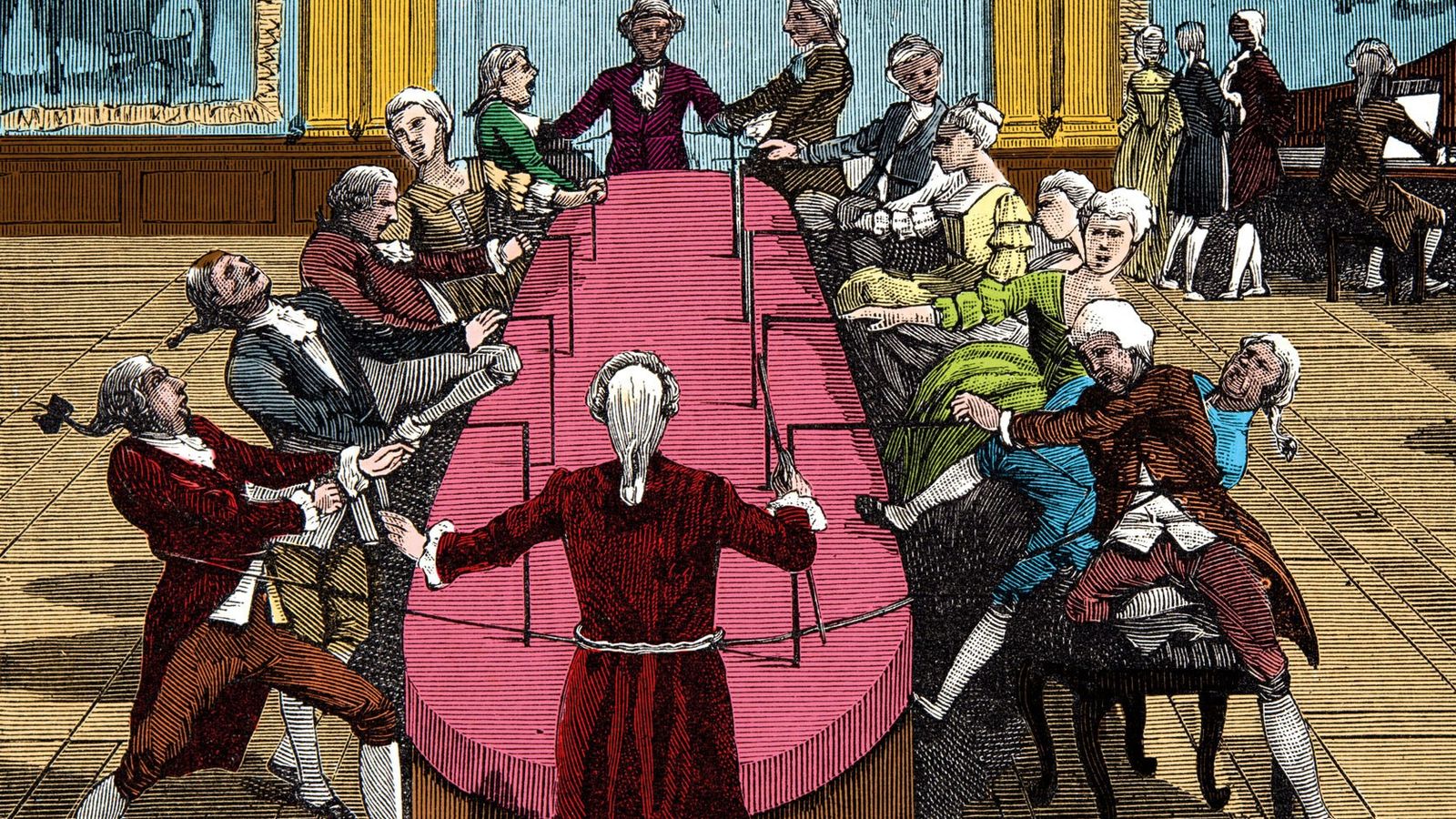He studied sleepwalking in terms of philosophy and physiology: Who is Alexandre Bertrand?
Bertrand wanted to spread sleepwalking, which he had been working on for a long time, to an independent field of science. With this in mind, he wrote a book called Traite du Somnambulhme (“Book on Sleepwalking”), which was met with criticism from scholars, and attracted great attention.

(1795-1831) French physician and philosopher. He studied sleepwalking in terms of philosophy and physiology. Alexandre-Jacques François Bertrand was born and died in Rennes. He entered the Polytechnic School in 1814, having to leave his studies a year later for political reasons. In 1819 he started the Paris Medical School and became a doctor. Bertrand, who had a great help in the establishment of Le Globe magazine, was the editor of the science section of this magazine for 5 years. He wrote articles in this magazine that included the view that those who lost their balance should not be given the death penalty.
Alexandre Jacques François Bertrand (25 April 1795 – 22 January 1831) was a French physician and mesmerist who was a native of Rennes. He was the father of archaeologist Alexandre Bertrand (1820–1902) and mathematician Joseph Bertrand (1822–1900). He was also an ally of philosopher Pierre Leroux (1798–1871) and the Saint-Simonians.
Bertrand wanted to spread sleepwalking, which he had been working on for a long time, to an independent field of science. With this in mind, he wrote a book called Traite du Somnambulhme (“Book on Sleepwalking”), which was met with criticism from scholars, and attracted great attention.
According to Bertrand, there are four types of sleepwalking:
Sleepwalking is seen in the sleep of healthy people.
Sleepwalking, which occurs as a symptom of some diseases.
Artificial sleepwalking is created by magnetism
and sleepwalking, which is the product of excessive euphoria.
In his theory, there are two types of life, one internal and the other external. In the state of sleep, external life has no activity. On the other hand, dreams occur due to the spontaneous movement of nerve fibers in inner life. Somnambulism occurs if the external life can do the movements related to the muscles and some senses are still active. There are two main causes of sleepwalking. One is the excessive startle of the brain, and the other is the withdrawal of life into the internal organs. As life draws and concentrates on the internal organs, the sleepwalker begins to perceive data about these organs in sleep, which he could not perceive while awake. This event creates some premonitions in the sleepwalker: foreseeing events related to himself, and anticipating the situations of others.
Excessive startle of the brain, on the other hand, reveals events of other nature. The perfection of memory, the extraordinary work of the imagination, the waking forgetfulness, the emergence of unrelated thoughts, and the power of anticipation of events related to the inner universe of the sleepwalker are situations that are not seen in other people.
Bertrand later changed these thoughts, suggesting that sleepwalking could be a form of extase. He developed a theory by examining Extase in terms of philosophy and physiology. According to him, human nature enters into a different state from sleep and wakefulness with the effect of moral events after being enslaved. In this case, special abilities emerge. According to him, the main reason for ecstasy is excessive euphoria, but science has not reached a level to explain this subject in all its details.
In the history of science, the main event that gives Bertrand importance is that he made the subject of "hypnotism" a problem that should be dealt with by the experimental sciences. Inspired by his work, some researchers later focused on this subject and made extensive explanations.
